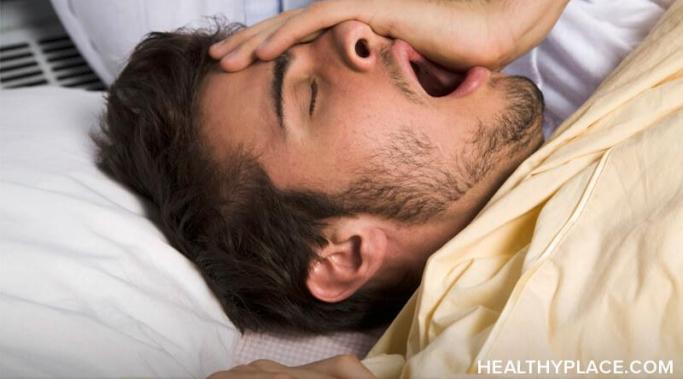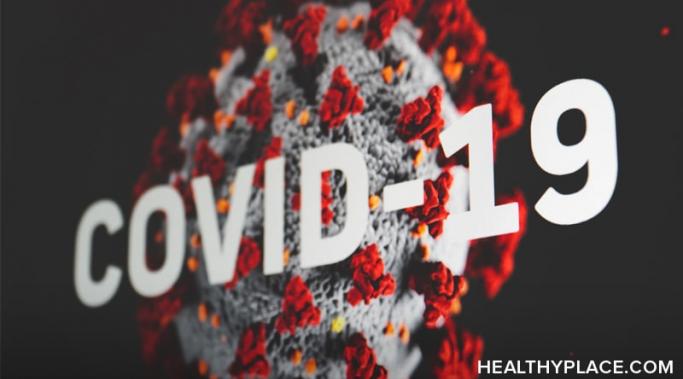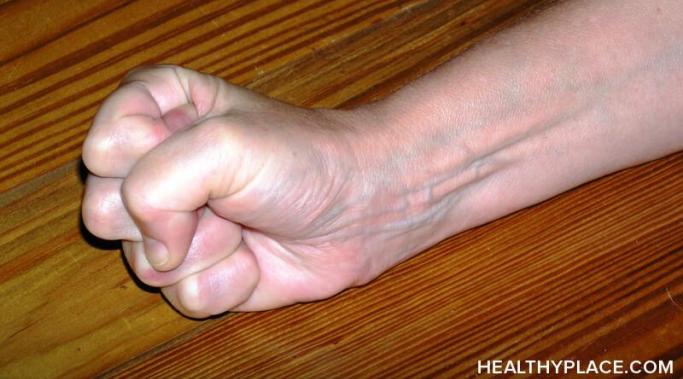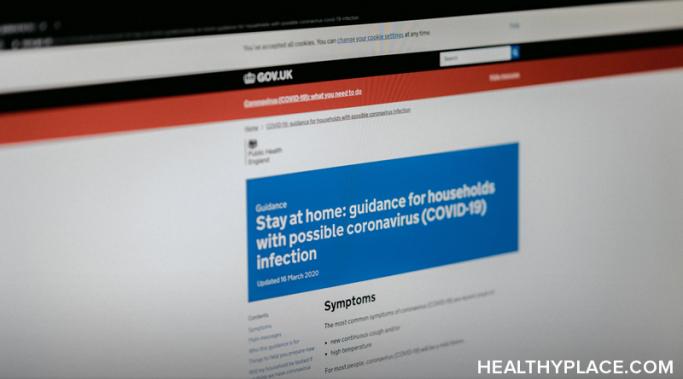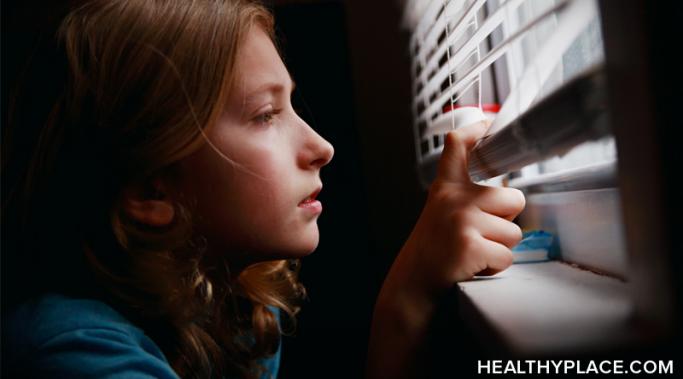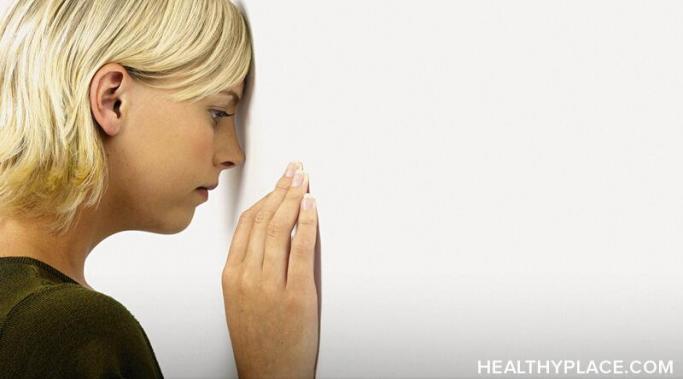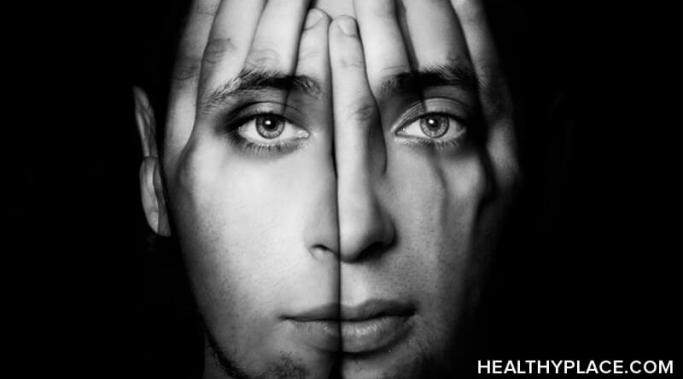The isolation required by coronavirus is exhausting me. I find this odd as isolation doesn't require that you "do" anything, per se. We're not talking about a state in which one must exert oneself. We're talking about a state in which one must binge Netflix. It doesn' seem like that would make a person tired. It turns out, that's wrong, however. Make no mistake about it, coronavirus isolation is making me exhausted.
Breaking Bipolar
I wonder if the pandemic could help our mental health in the long-term, in spite of it harming our mental health in the short-term? I know that may sound counterintuitive, but it is a question I've been pondering. This is thanks to all the mental health awareness that's being spread right now. Will that awareness related to the pandemic, help our mental health in the long-term?
Negative emotions can be a real problem in bipolar disorder (and, really, in any mental illness). And right now, many people are finding the negative emotions associated with bipolar disorder are heightened due to this incredibly taxing pandemic we're all living through right now. Between the COVID-19 anxiety and the stress of losing your bipolar routine, it's no surprise that bipolar symptoms are worsening for so many people. And for me, the worsening bipolar is coming in the form of negative emotions today. Negative emotions and negative self-talk are plaguing me right now.
I believe there are real dangers to losing your bipolar routine during isolation. There are issues of work, school, socializing and more that are affected by social distancing; and any one of those things can interrupt a carefully planned routine. I know my bipolar routine has been lost during isolation due to the novel coronavirus, and I know it's hurting my mental health.
Coronavirus (COVID-19) anxiety is a real problem for me and so many others. I keep hearing from people daily about how this anxiety is hurting them. One woman told me she literally shook when she had to leave her apartment. Another mentioned that she has had to almost double her anxiolytic (anti-anxiety) medication just to stay semi-functional. And I admit, COVID-19 anxiety is getting to me too. So here's my number one tip for reducing COVID-19 anxiety.
People judge how I cope with bipolar. Judging people is an Internet thing and it's a human thing. People just seem to feel free to tell me that how I live my life and how I deal with my bipolar disorder is wrong. I get it, I put myself out there, so that's what happens. Unfortunately, I suspect it happens to a lot of people with bipolar disorder. People just want to judge our bipolar coping skills.
I've found hope is harmful. I know, the reflex is to disagree with this, but, at least in my case, hope is harmful. I recently found a bit of hope of ending a profound, debilitating depression. I knew feeling that hope was a mistake, but some part of my brain refused to listen to that. And sure enough, it turned out that hope was harmful.
If you've quit therapy for mental illness in the past, have you ever asked yourself if it's time to go back to therapy? I've asked that question of myself recently. I've had so much therapy it would make your psychology spin, but I've been out of therapy for about 10 years now. I'm a believer in therapy for everyone, I just thought I was no longer benefitting from it at that time. But are there signs that mean it's time to go back to therapy for mental illness?
Bipolar has a definite effect on one's career. Bipolar can alter a career, derail a career or even, in some cases (like mine), create a career. I have yet to meet a person whose career has not been affected by his or her bipolar disorder.
In an interview, Lady Gaga recently talked about taking antipsychotics and her experience with psychosis. This is amazing. Few people with the eminence of Lady Gaga are willing to talk about these subjects -- let alone admit to direct, personal experience. If Lady Gaga takes antipsychotics and talks about her own psychotic break, are we finally okay with psychosis?
